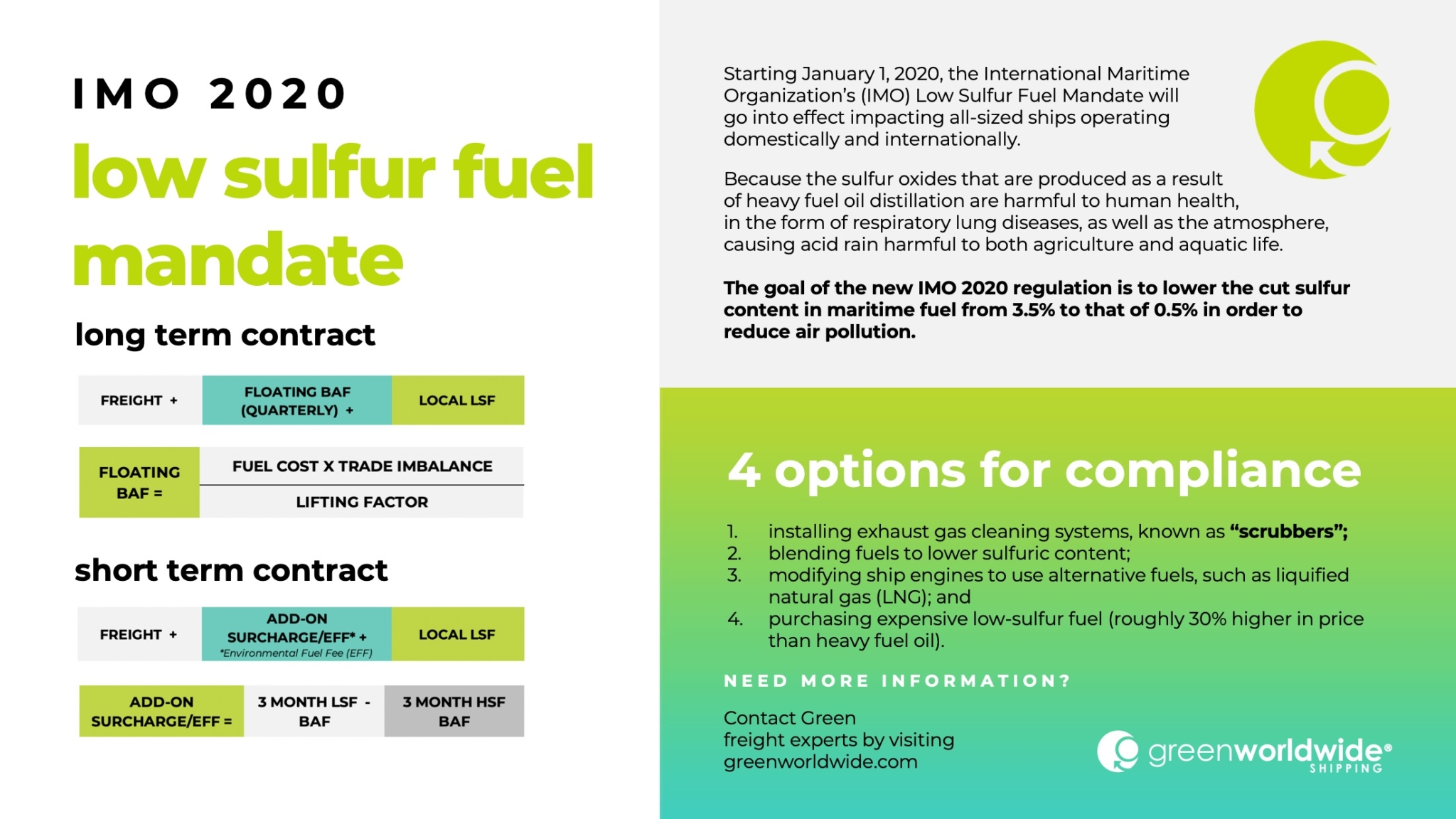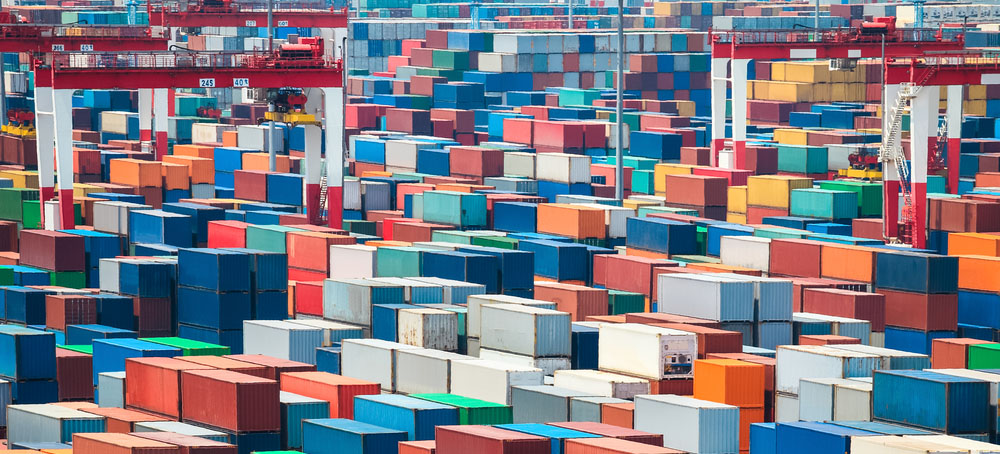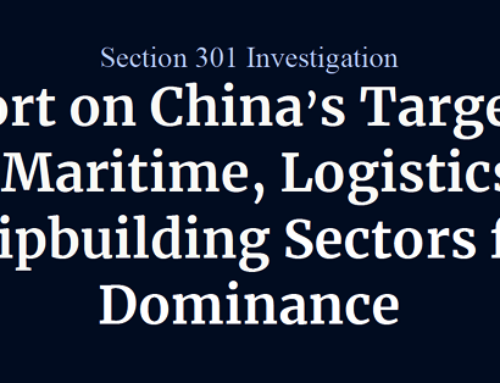In recent weeks, global gas prices have dropped significantly, and though most consumers have been unable to take advantage of these savings directly due to quarantine restrictions, other businesses have found a silver lining.
The reduction in fuel costs has provided some adjustment relief for the transportation industry that had begun to transition to the International Maritime Organization’s (IMO) Low Sulfur Fuel Mandate (IMO 2020) on January 1, 2020.
Due to the recent drop in global product demand and a breakdown in the OPEC alliance, a drastic reduction in oil prices has allowed beneficial cargo owners, shippers and carriers, alike, time to adjust to the new international fuel requirements.
IMO 2020
Starting January 1, 2020 ocean carriers were required to switch to low-sulfur content fuels or install cleaning scrubbers to meet the new regulations. In total, the marine industry is estimated to incur $10 to $15 billion in additional costs, that will ultimately be paid by shippers and BCOs. Those companies have been vocal in their concerns regarding transparency of formulas for the additional costs.
Typical Calculation: Cost of fuel burned (round-trip) divided by the number of TEU carried.
In late February, international supply chains came to a screeching halt and economic shifts caused many businesses to re-think their supply chain strategies. For large international  brands, this meant more time to negotiate carrier contracts and understand the impact fuel would have on their long-term shipping.
brands, this meant more time to negotiate carrier contracts and understand the impact fuel would have on their long-term shipping.
OPEC ALLIANCE
As the lull in international movement set in and oil prices began to fall, Russian and Saudi Arabian leaders of the OPEC alliance met in Vienna on March 6, 2020. Disagreement quickly set in as Saudi Arabia proposed to limit production in order to keep prices from further declining, while Russia was more focused on not losing market share to United States’ shale oil.
After a short OPEC breakdown, during which time retaliatory surplus was injected into the market driving prices even lower, during an April 12 meeting, the world’s leading oil-producing countries finally agreed to cut production.
OPEC is a permanent intergovernmental organization of 13 oil-exporting developing nations that coordinates and unifies the petroleum policies of its Member Countries.
EFFECTS ON FREIGHT
Despite impacts to the market, freight is still moving, and carriers are finding workarounds to ensure shippers are able to receive product to fill moving inventory. Shippers can be optimistic about getting shipments loaded, even as ocean carriers announce blank and pulled sailings. Ultimately, the decrease in fuel prices has created opportunity for shippers still moving cargo to advantage of temporary reduction in fuel costs.
As Green continues to monitor the situation, stay up-to-date on freight news by following us on Facebook, Twitter, and LinkedIn. For continuous updates, make sure to check out our website at greenworldwide.com.






